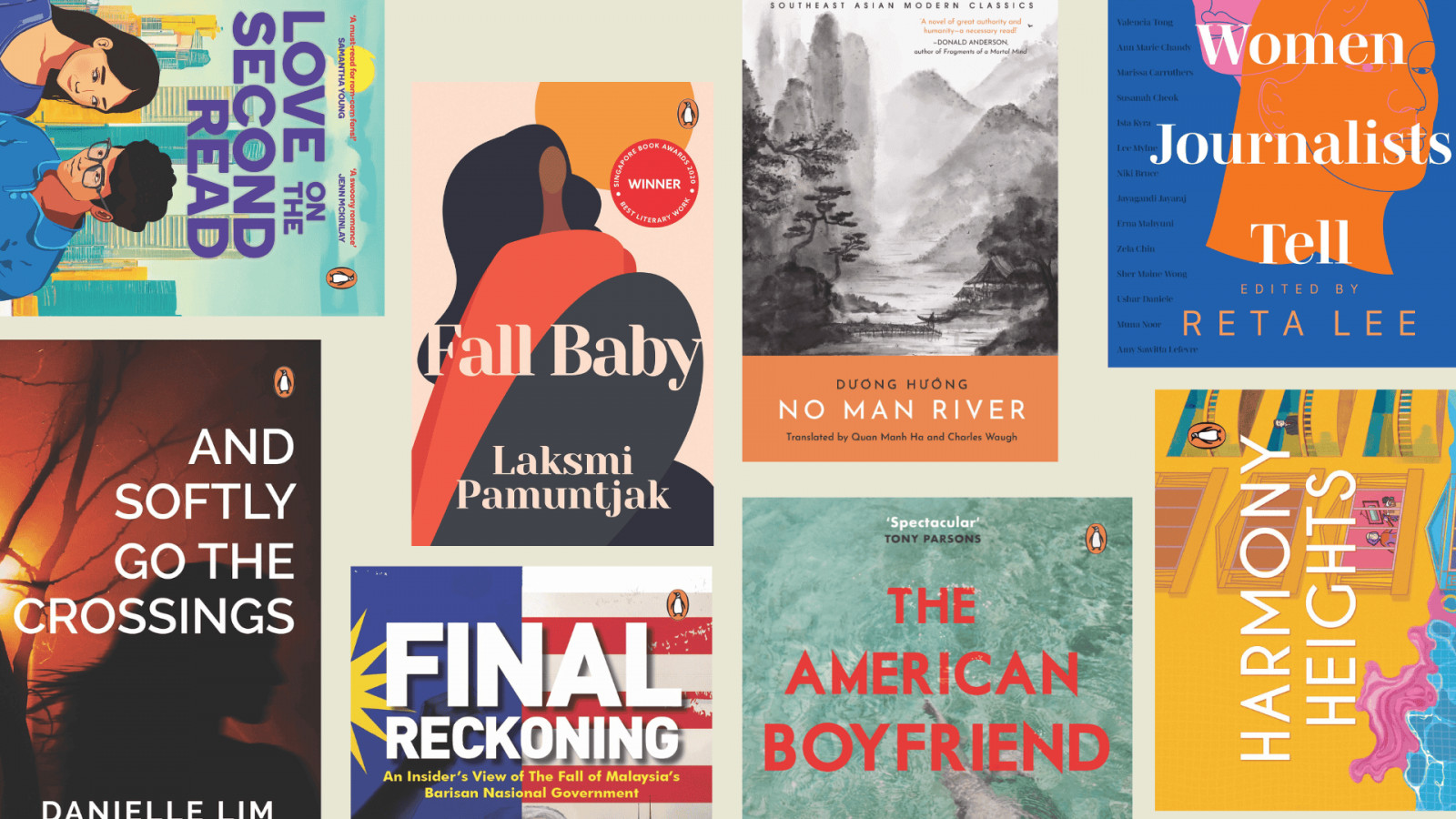Penguin Random House Southeast Asia’s publisher Nora Nazerene Abu Bakar on championing diverse stories, taking risks and making classics cool again
Growing up, Nora Nazerene Abu Bakar lived to read. “I read in the car. I read under my sheets. I read at family gatherings. People thought I was some snob who didn’t want to talk to people, but I just loved reading,” she recalls.
When Nora started working, it was as a teacher. However, she found that the children in her classes didn’t enjoy reading as much as she had at their age. Their attention spans were shorter and so Nora found herself examining what they were reading. A career in educational publishing followed, first as an editor and then in acquisitions. Later, when Penguin decided to set up in Singapore, Nora received a call.
See also: How female authors of Asian descent are pushing the boundaries of mainstream literature
That was in 2018, and since Penguin Random House Southeast Asia released its first books in 2019 the company has published around 400 titles. So, what is it that characterises the publishing house and its list of books?
“[A book] must be founded in Southeast Asian context, whether it’s fiction or non fiction [and] needs to represent the culture, the history, the landscape in this region,” says Nora, who is vice president and publisher at Penguin Southeast Asia. “So, even if you’re writing a business book, we want to see that book giving examples from the region or business principles influenced by values here that can be applied anywhere in the world to bring success.
“We take debut work; we take established voices. Basically we champion the region,” she continues. “We champion voices from the region. We champion stories from the region.”
See also: For Bhutan, carbon neutrality is easy. The kingdom’s prime minister, Tshering Tobgay explains

